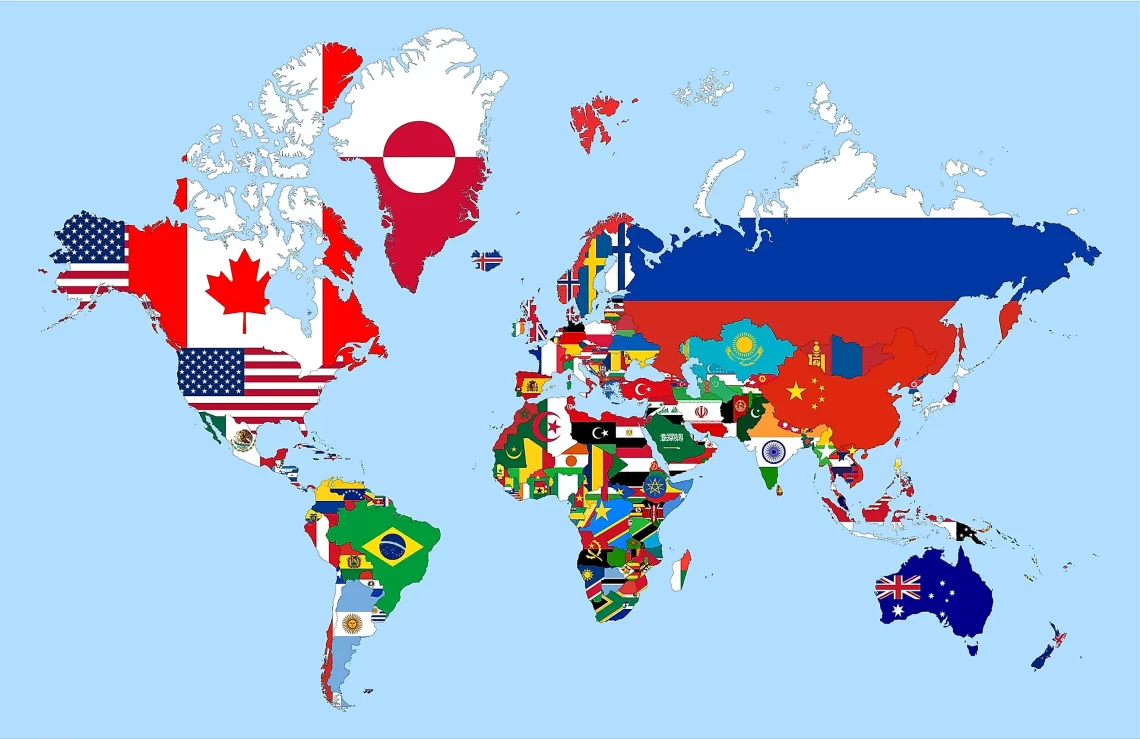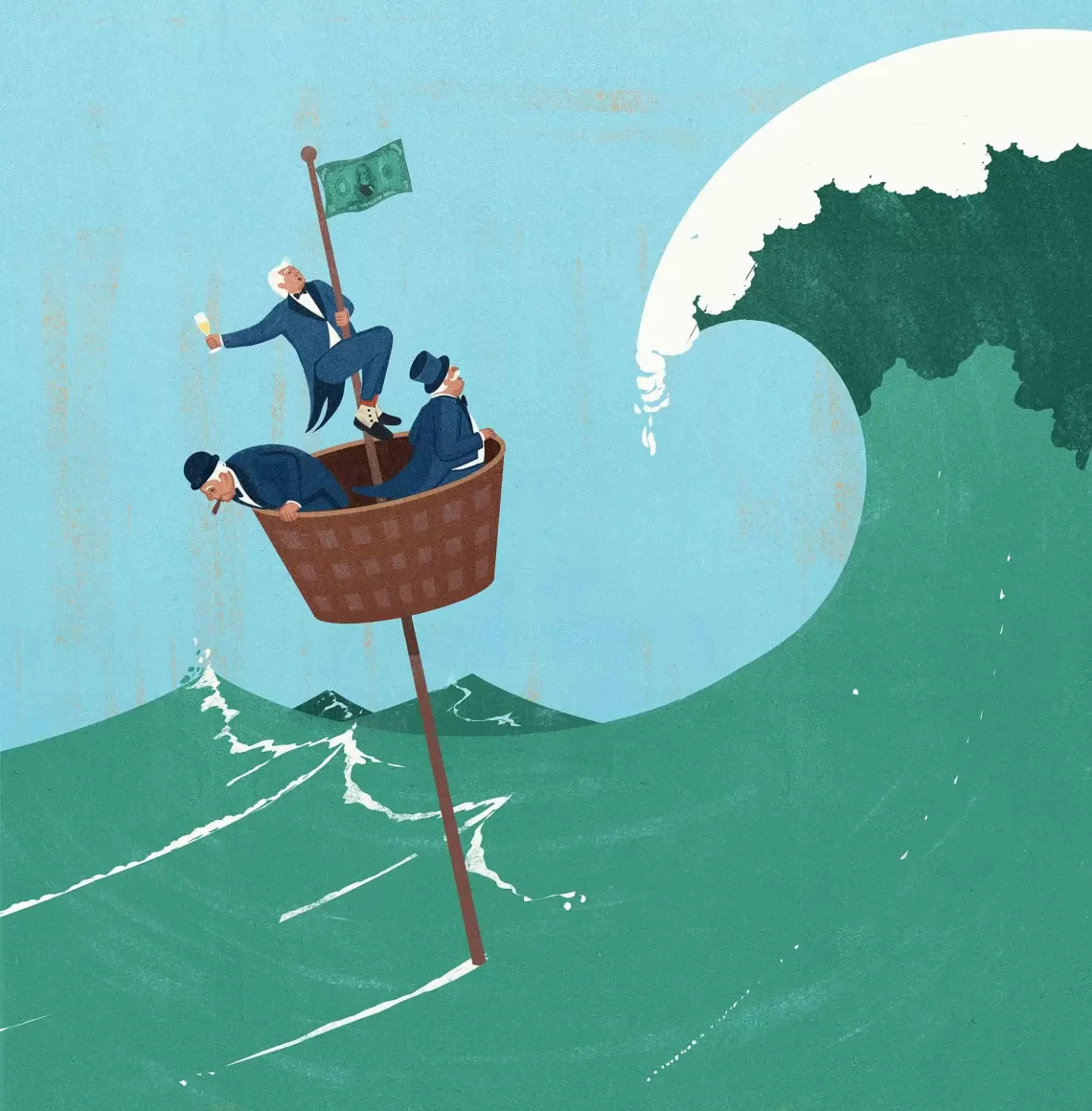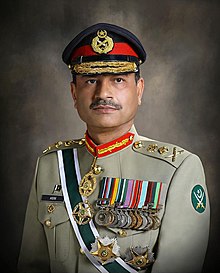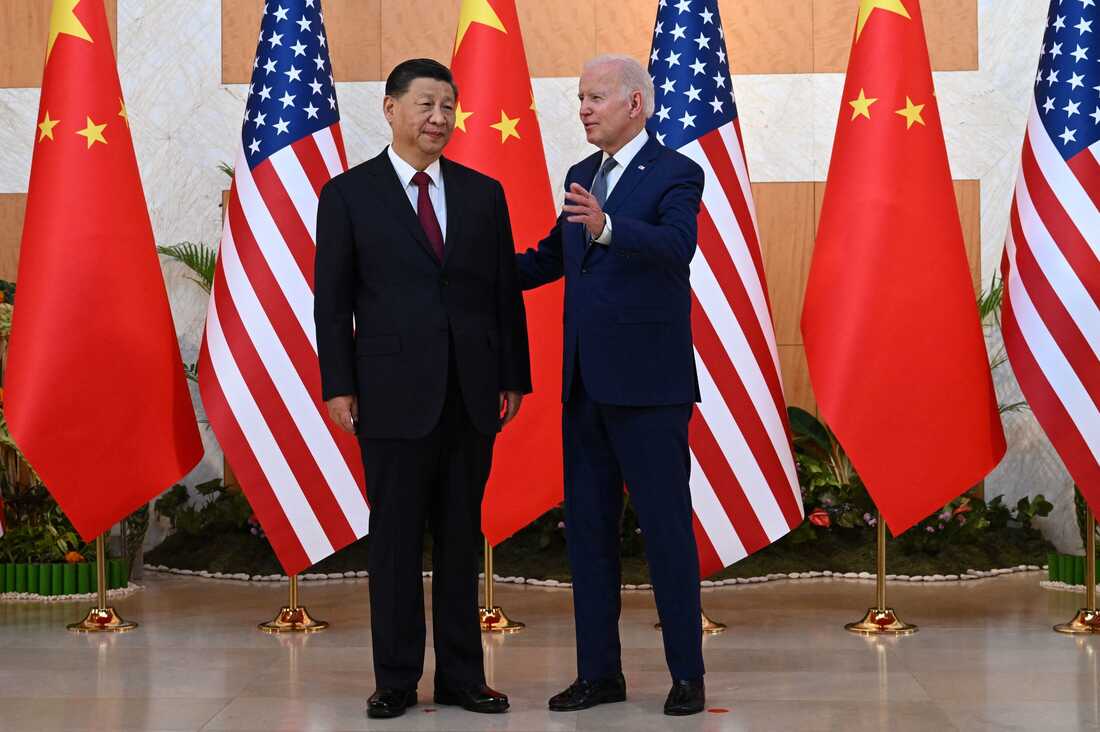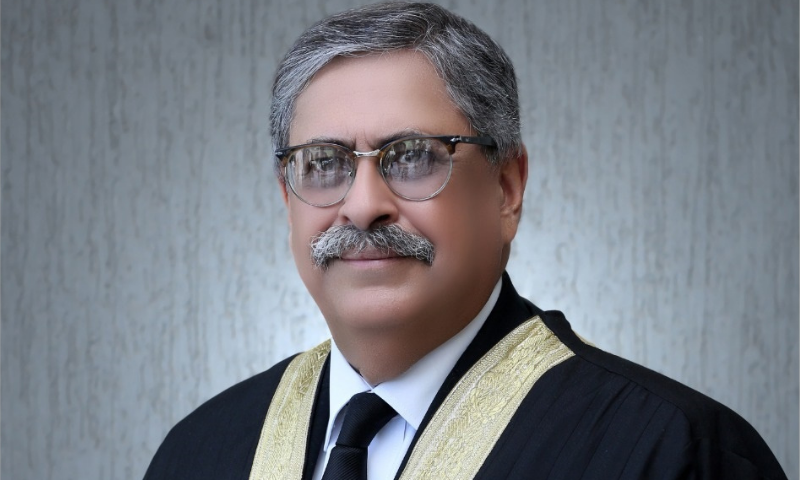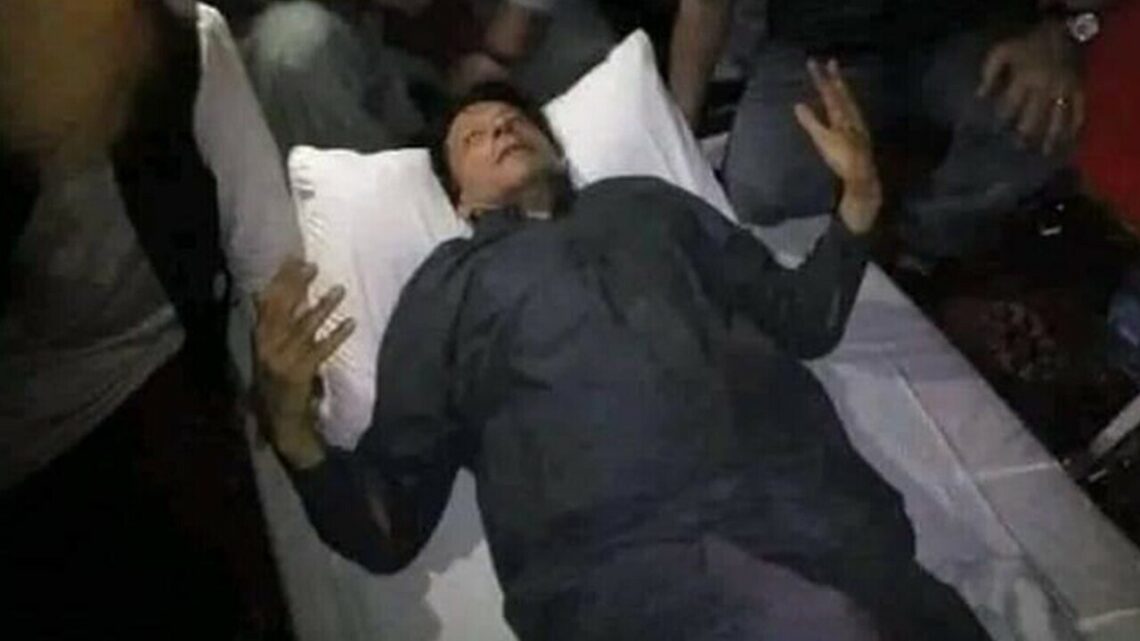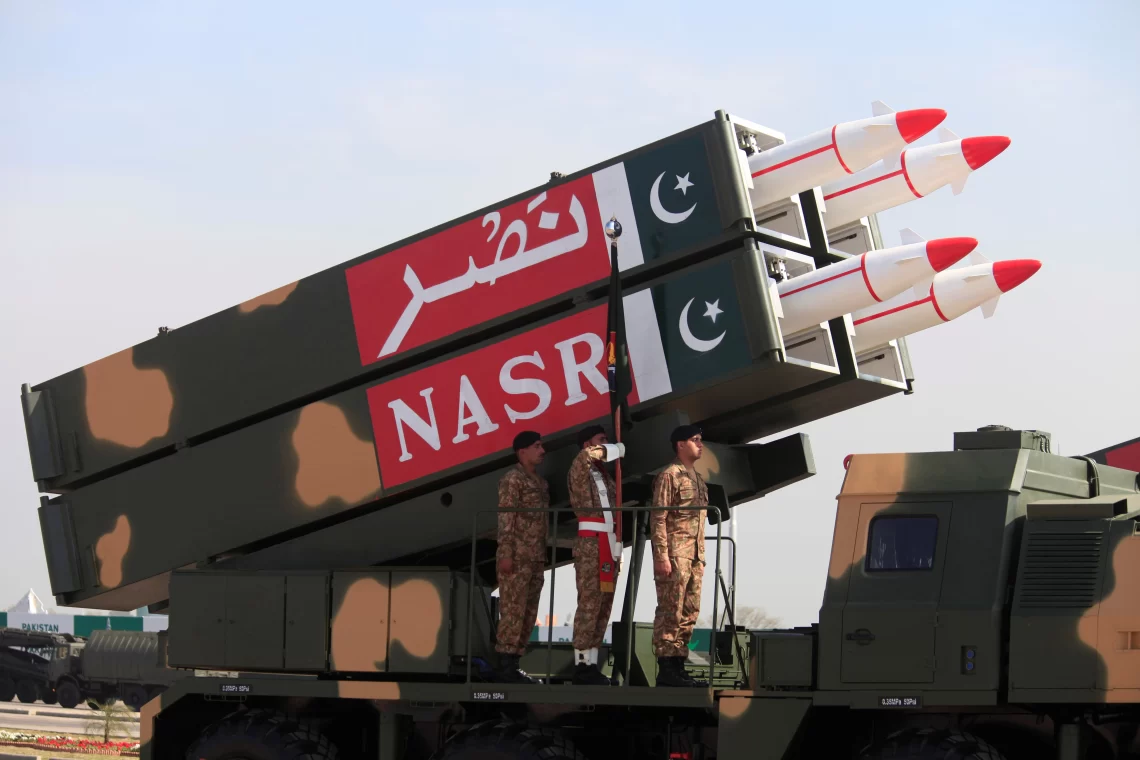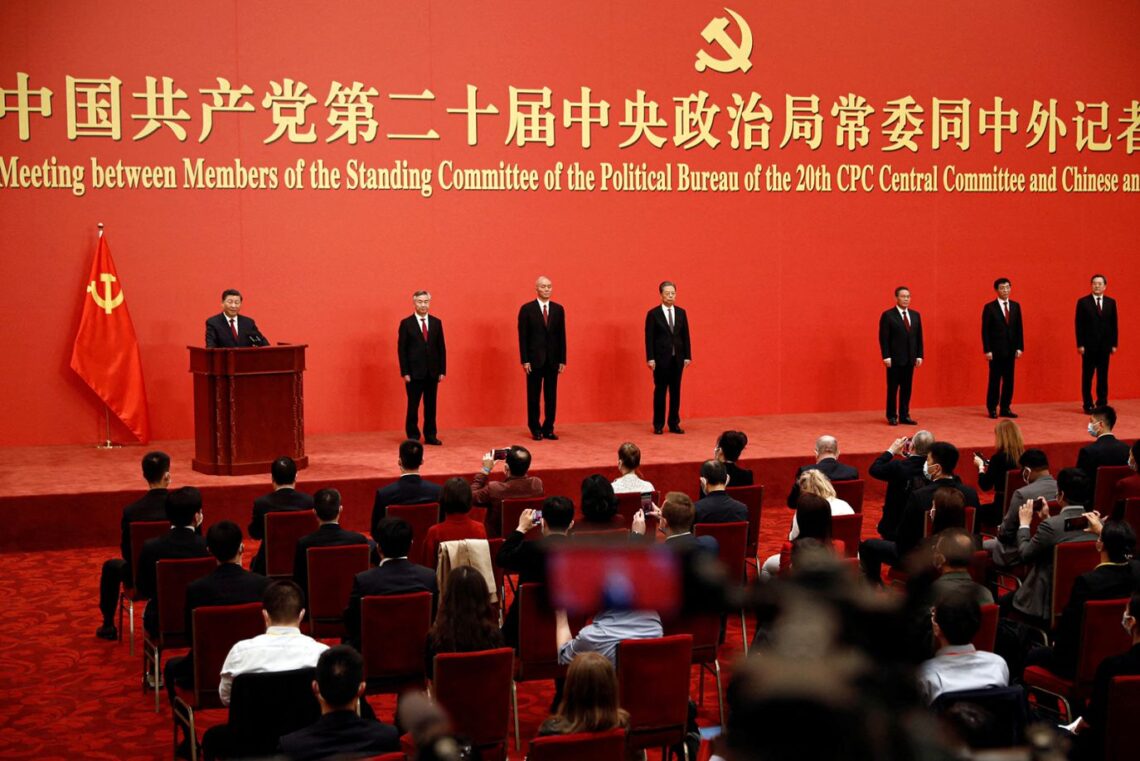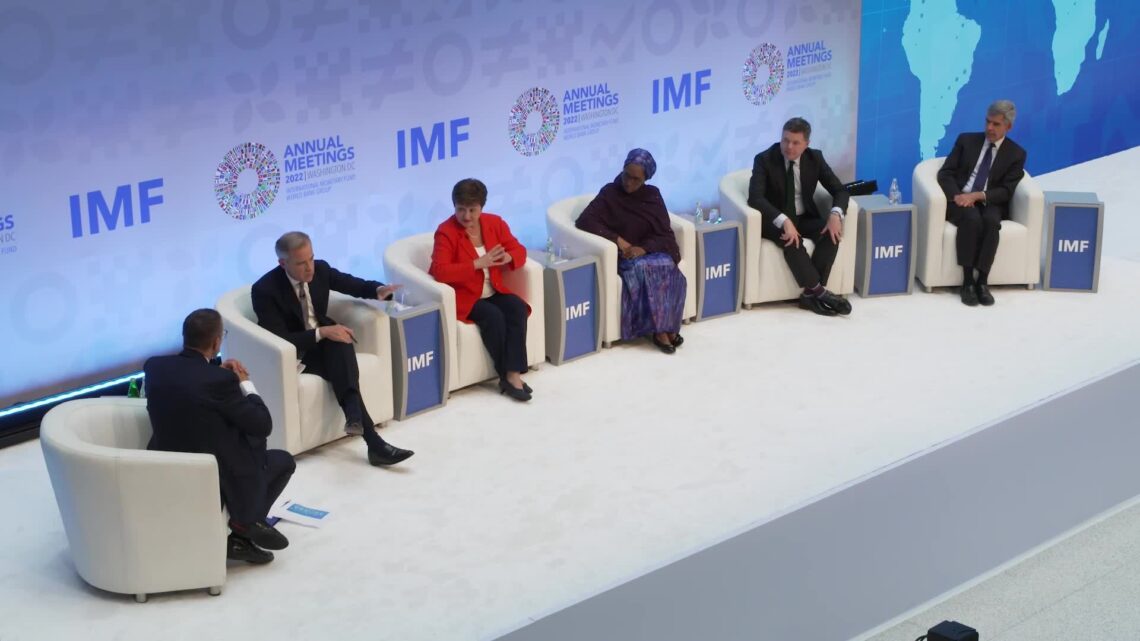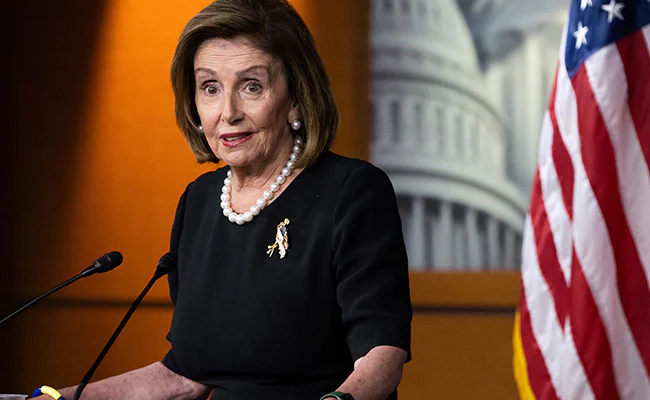-
2023: a world of uncertainty
THE world is in strategic flux and in the midst of an intensely unsettled period. Looking ahead at key geopolitical trends and challenges in 2023, their overarching aspect is uncertainty and unpredictability. This at a time of power shifts in an increasingly fragmented international system with multilateralism under growing stress. Rising geopolitical tensions and global economic volatility are keeping the world in an unstable state. The most significant strategic dynamic in the year ahead will be the course of relations between global powers. The disruptive economic repercussions of war in Ukraine will blight prospects of global economic recovery and is already compounding a cost-of-living triggered by the coronavirus pandemic. Most…
-
Elite politics
UNREMITTING political confrontations have left the country exhausted and emaciated. Political tensions show no sign of abating. Political leaders often claim the next round of battle will be decisive but their war rages on. The war paradigm guides their political behaviour. Opponents are seen as enemies, not competitors. Politics is about vanquishing the enemy and eliminating them from the political scene in a terminal conflict. This of course is not new. This pattern of behaviour has resonated throughout Pakistan’s history and is part of an unedifying political tradition characterised by intolerance and lack of respect for democratic norms. Those in power have rarely accepted the need to engage with the…
-
Hype and reality
NOW that the drama over the appointment of a new army chief is over, the government and opposition, as well as the media, should focus on the real challenges facing the country. For weeks, the chief of army staff’s appointment dominated the political conversation and television talk shows, prompting endless speculation on social media. The impression this created was as if the entire destiny of the country depended on who made it to the army’s top slot. This is not to say such appointments are inconsequential in a country that has seen repeated military interventions in politics and where the army continues to wield much influence and power. But the obsessive concern…
-
Shadow of hot and cold wars
FEW G20 summits have taken place in the shadow of a hot and cold war. The conflict in Ukraine and US-China tensions both cast a shadow over the annual meeting of the Group of 20 countries in Bali. President Vladimir Putin didn’t attend the summit, where Russia’s aggression against Ukraine loomed large on the agenda. Geopolitical tensions unleashed by the conflict as well as its far-reaching fallout on the global economy, including disruption of supply chains and soaring energy and food prices, were top concerns at the summit. Geopolitics dominated the gathering of the world’s largest economies. Ukrainian President Volodymyr Zelenskyy addressed the summit by video, making an emphatic call for Russia…
-
When politics breaks down
POLITICS seems to have broken down completely in the country. Amid intensifying polarisation and heightened tensions, political disputes are no longer amenable to resolution by political means. Political rivals either resort to the courts or appeal to the army to promote their objectives. It was telling that the then chief justice of the Islamabad High Court Athar Minallah urged political leaders, during a full court reference last week, not to bring their conflicts to the courts and instead strengthen parliament by resolving these issues in a democratic forum. Prudent advice. But parliament today is a forlorn place with Imran Khan’s PTI staying out and coalition government parties mostly talking to themselves in…
-
A crisis like no other
THE assassination attempt on PTI leader Imran Khan has plunged the country into chaos at a time when tensions between the opposition and government were already spiralling out of control. Such violence is condemnable and unacceptable. It should have no place in the country whose tortuous history has seen assassinations of political leaders in the past. The tragic assassination of Benazir Bhutto is still painfully fresh in the nation’s collective memory. But the attack on Khan last week also confirmed the worst fears of those who had been sounding an alarm about the increasingly explosive political situation descending into violence. Khan had frequently spoken about a threat to his life but carried on with…
-
At a crossroads, again
PRESIDENT Joe Biden’s remarks questioning the safety of Pakistan’s nuclear weapons provoked an angry response from Islamabad. At a fund raiser earlier this month, the US president said Pakistan “may be one of the most dangerous nations in the world” which had “nuclear weapons without any cohesion.” Prime Minister Shehbaz Sharif rejected these gratuitous remarks, calling them “factually incorrect and misleading”. The American ambassador in Islamabad was summoned to the Foreign Office for an explanation. In another rebuke to Washington, a statement issued after a meeting of the country’s top army generals, declared that as a responsible nuclear weapon state, Pakistan has taken all necessary measures to strengthen its nuclear security regime. Although…
-
Compete and contain
ON the eve of the 20th Chinese Communist Party congress, which later confirmed a historic third term for President Xi Jinping, the US announced its National Security Strategy, reiterating its overwhelming priority is to “outcompete China”. The timing may have been coincidental. But it was telling that while President Xi was proclaiming China’s global power had increased, the US was resolving to deal with its “greatest geopolitical challenge” — China. Asserting that the post-Cold War era is over, the NSS said competition was now underway between the major powers to shape the future of the international order in the “decisive decade” ahead. The US document affirmed that the country’s principal strategic goal was…
-
The trouble with technology
AN important global debate is underway about the disruptive impact of new technology. There is no doubt modern technology has been a force for good and responsible for innumerable positive developments — empowering people, improving lives, increasing productivity, advancing medical and scientific knowledge and transforming societies. Technological developments have helped to drive unprecedented social and economic progress. But the fourth industrial revolution has also involved the evolution of advance technologies that are creating disruption, new vulnerabilities and harmful repercussions, which are not fully understood, much less managed. A digitalised world is facing the challenge of cybersecurity as threats rise across the world. Data theft and fraud, cyberattacks and breaches of…
-
Collision or coexistence?
A SERIES of provocative actions by the US suggest it is intensifying its confrontation with China. Announcement of a billion-dollar arms package for Taiwan, on the heels of controversial visits by US House Speaker Nancy Pelosi and other congressional members to Taipei, prompted an angry response from Beijing. China’s foreign minister described Pelosi’s visit as “manic and irresponsible” and Beijing warned relations would be “seriously jeopardised” by the arms sales. Washington also stepped up the tech war with fresh curbs on US exports of chip technology to Chinese companies. This led Beijing to accuse the US of imposing a “technological blockade” out of an exaggerated notion of national security. Rising tensions now have the hallmark…

